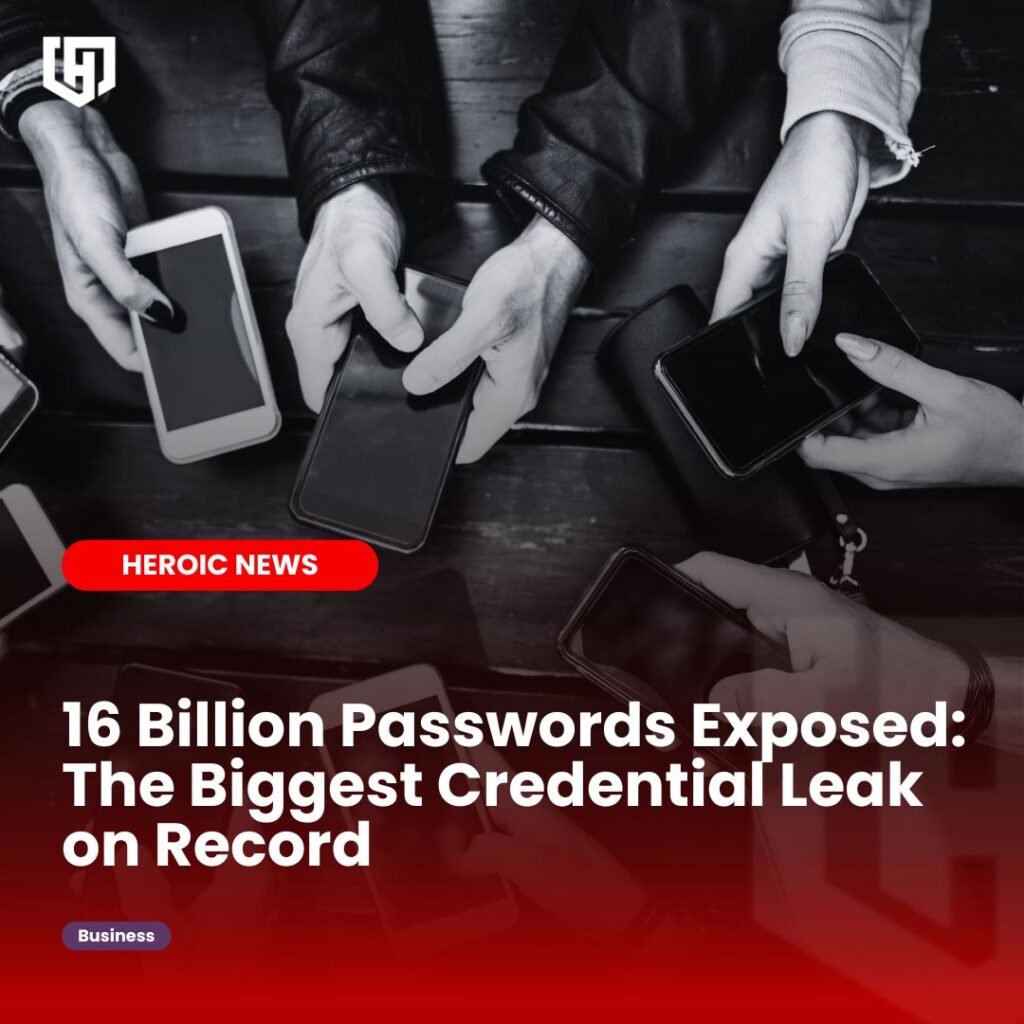Internet Safety Tips to Avoid Hackers and Identity Theft
In 2015, hacking incidents increased to a nine-year high of 38% which led to over 169 million records being stolen, an increase of 49% from 2014. In 2016, we as consumers will be an even bigger target for hacking and identity theft. Because the government, nor the brands you buy from online are fully responsible for your online security, it’s important to follow these internet safety tips to take charge of your cybersecurity and protect your most sensitive information.
%
Percent of Americans who have had their personal information exposed by hackers
%
Percent of Americans who have had an email account hacked
%
Percent of Americans who have had their passwords exposed
Number of new malware threats released each day last year
%
Percent of scanned websites that have vulnerabilities
Number of months an advanced threat can go unnoticed on a victim's network
It’s a fact that 7 out of 10 people feel they’re personally responsible for providing their own online security, but only 4 out of 10 feel they know how to. We’re happy to point you in the right direction.
Tips to Avoid Being Hacked or Having Your Identity Stolen
- Don’t share your passwords with anyone. They could mistakenly mention your password to others, leave it visible on an unlocked computer screen, or they could be hacked and cyber criminals would have access to your passwords if they’re stored in their device. Keeping your passwords to yourself will limit the ways they can be stolen. Here are some password tips:
- Don’t use the same information for your username and your password.
- Have a different password for each account.
- Use a password with both upper and lower case letters as well as numbers and symbols.
- If possible, implement “two factor authentication” on any account that offers it.
- Don’t share personally identifiable information about yourself on social media. Posting your credit card and social security number could obviously lead to problems, but some people do this. Sharing even basic bits of info like your address and phone number can be used by cyber criminals to get access to your email accounts where they can find any number of logins for your other online accounts.
- Don’t open, click on anything in, or respond to emails from people you don’t know. Even if you know the sender, if the email looks fishy, such as a link being the only thing shown in the body of an email from Aunt May, don’t click it. It’s almost always a link that will install malware. Malware is often used to spy on your computer usage and intercept login information for your and other peoples online accounts.
- Avoid questionable websites and downloads. Four quick ways to spot a potentially fraudulent or malicious website that probably contains malware:
- No encryption – If there’s no image of a locked padlock in the address bar when you’re in the shopping cart of the site, it’s possible your payment information could be intercepted.
- Poor design – Highly outdated colors and layout, misspellings and grammar issues. Links or downloads on this site could contain malware.
- Generic branding – The site provides a way to download the brand of software you’re looking for but the rest of the site is not dedicated to that brand. The download could contain malware.
- Freebies – Sites that provide free offers that are too good to be true often contain links or downloads that contain malware. Don’t enter your info, click on anything or download anything.
- Perform regular monitoring. By regularly checking your credit report and your bank statements, you’ll be able to take action on any suspicious activity before it goes too far. A small, unfamiliar charge at an unfamiliar store is a sign that someone probably has your credit card number or checking account number and is testing to see if you notice. When you don’t call it in, they’ll go hog wild in Vegas at your expense. Both your bank statements and your credit report can be securely accessed online and automatic alerts are available from some services.
- Get HEROIC Cybersecurity. Apart from the best practices mentioned above, using HEROIC provides you with numerous cybersecurity features in one solution to protect you from every angle. We offer identity theft protection, an industry leading antivirus suite to block viruses and malware, predictive network security that proactively blocks hackers from accessing your devices, real-time monitoring of your email addresses to see if they’ve been hacked, secure online backup and more.
- Share this post on social media. If you’ve shared your passwords with others, or know someone who tends to open every email they get; according to our tips above, both of your personal information could be at risk. Take action to secure both of your information by sharing these tips.
Hacking accounts and stealing peoples identity is profitable, so it’ll never stop. Do your part and protect yourself.
Has Your Email Account Been Hacked?
See if your email has been compromised with the most powerful scan engine.
 All information submitted is 100% Private and Secure.
All information submitted is 100% Private and Secure.




/includes/qr-code.png)